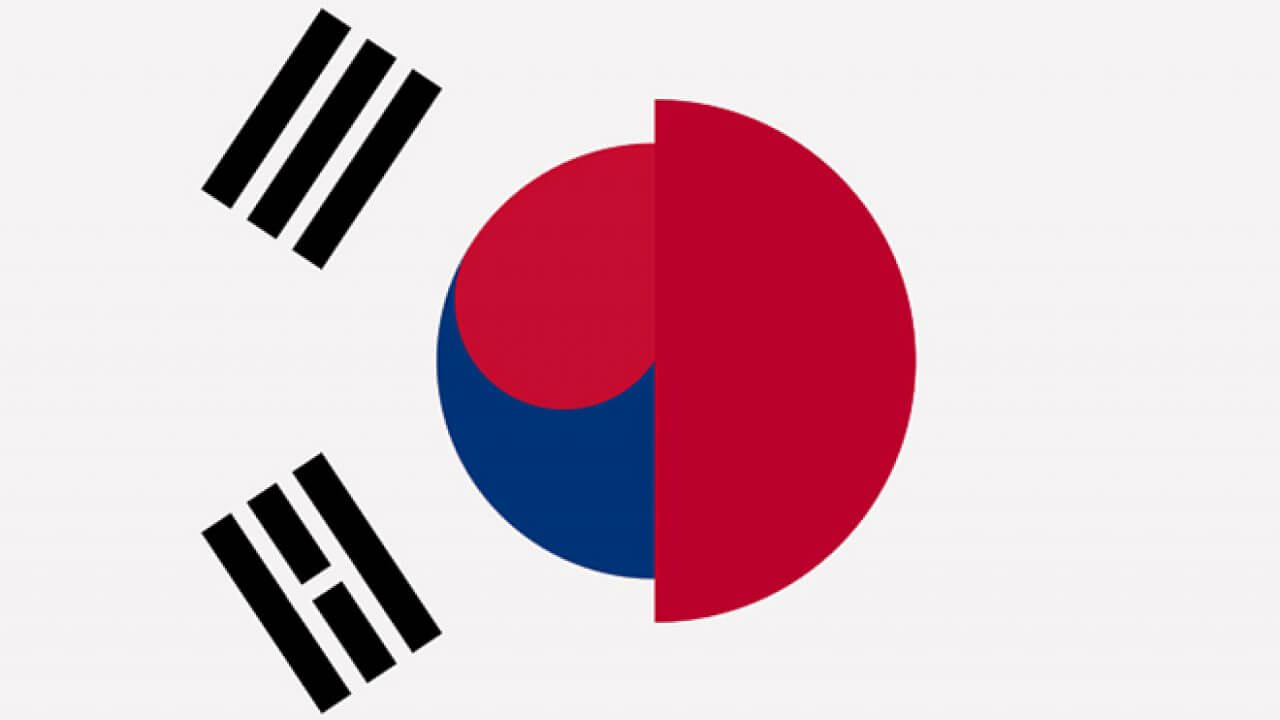In a white paper published by South Korea’s Defence Ministry on Tuesday, Japan’s status has been “downgraded” from “partner” to “neighbour”, signalling the deteriorating ties between the two countries. Japan’s government has not yet responded to the development. However, the white paper pledged to “continue cooperating” with Japan on “issues of common concern” and “resolutely deal with unilateral and arbitrary measures taken by Japan”.
The most recent white paper, and the very first published under President Moon Jae In, describes the two countries as “close neighbours that should cooperate not only for the two countries’ relationships but also for peace and prosperity in Northeast Asia and the world.” This change in wording comes in sharp contrast to the previous white paper that was published two years ago, in which the two countries were described as “geographically and culturally close neighbours as well as partners cooperating for global peace and prosperity.”
According to a ministry official, the wording change in the biennial publication was considered “reasonable” after Japan removed South Korea from the list of preferential export nations in 2019. In addition, the new white paper also blames Japan for “stalemating ties” with South Korea by making “unilateral announcements that misrepresented facts”. This is a reference to Japan’s disputed claim to the South Korea-controlled Dokdo Islands (called Takeshima Islands by Japan) in the Sea of Japan and a military encounter between a Japanese surveillance plane and a South Korean vessel in December 2018, when Japan accused South Korea of violating the Code for Unplanned Encounters at Sea by aiming the vessel’s fire-control radar at a plane.
Ties between the two have been strained for decades. A trilateral summit that was supposed to be held in December 2020 between Japan, South Korea, and China was called off. Moreover, the two states have long been at loggerheads over issues regarding compensation for victims of forced labour during World War II and the treatment of women during Japan’s colonial rule over the Korean peninsula from 1910 to 1945. Tensions further escalated after a South Korean court initiated proceedings against Japan’s Nippon Steel Corporation last October for damages for four former World War II workers. Japan maintained that the South Korean court ruling was a “violation of international law” because it counters the 1965 bilateral agreement signed between the countries. According to the treaty, Japan paid $300 million in grants and $200 million in low-interest loans on the understanding that all of South Korea’s “claims were settled completely and finally”.
Addressing these disputes, Japanese Prime Minister Yoshihide Suga wrote a letter addressed to South Korean President in September and expressed his hope for renewed and improved relations between the two nations. But the recent developments are only a new indication of worsening ties.
South Korea Revokes Japan’s “Partner” Status in Defence White Paper
In a new white paper published by South Korea’s Defence Ministry, Japan’s status has been downgraded from “partner” to “neighbour”.
February 3, 2021

SOURCE: ORF
